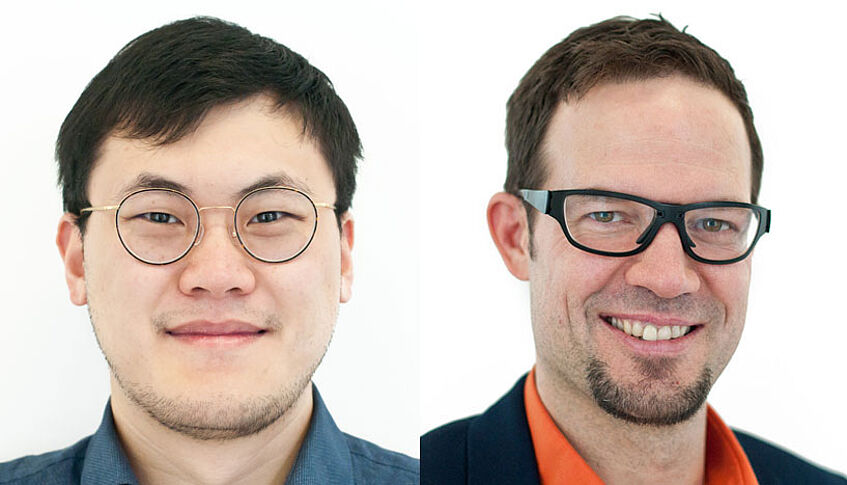
Full title of the project: "Bayesian integration in pain and empathy for pain".
Team: Dr. Lei Zhang & Prof. Claus Lamm.
Institute/Department: Department of Cognition, Emotion, and Methods in Psychology.
Goal of the project: Our project will provide a systematic investigation into the neurocomputational mechanisms of how prior expectations (i.e., how much pain is expected) and noxious information (i.e., how much pain is received) are integrated for both first-hand pain and empathy for pain.
Why is this important and useful? This project will help us gain a better understanding of how we process pain in oneself, and how we share and understand pain in others, and thus how we manage better to avoid harm to ourselves as well as others.
Abstract: Pain is affecting 11–40% of the general population worldwide. However, pain is highly subjective, and the perception of pain depends heavily on our prior expectations. Past research has embraced the Bayesian integration account to formally quantify the perception in first-hand pain. However, whether empathy for pain can also be quantified by this account is poorly understood. We will tackle this research question by two closely related experiments with human participants. In both studies, participants will first establish the outcome contingencies using a classic conditioning paradigm, and then they will be predicting the painfulness of each stimulus either for themselves or for another person. We will employ state-of-the-art computational modeling and model-based functional neuroimaging to establish a comprehensive neurocomputational account of first-hand pain and empathy for pain.
Explanation - easy to understand: Understanding pain in both ourselves (first-hand pain) and others (empathy for pain) is vital for society. This project will use cutting-edge fMRI and mathematical modeling to establish a comprehensive account of pain and empathy. However, pain is highly subjective. This project is not only relevant to social neuroscience, but seeks to break the boundaries of research disciplines and promote cross-section new research avenues.
Project homepage: FWF Project Finder
